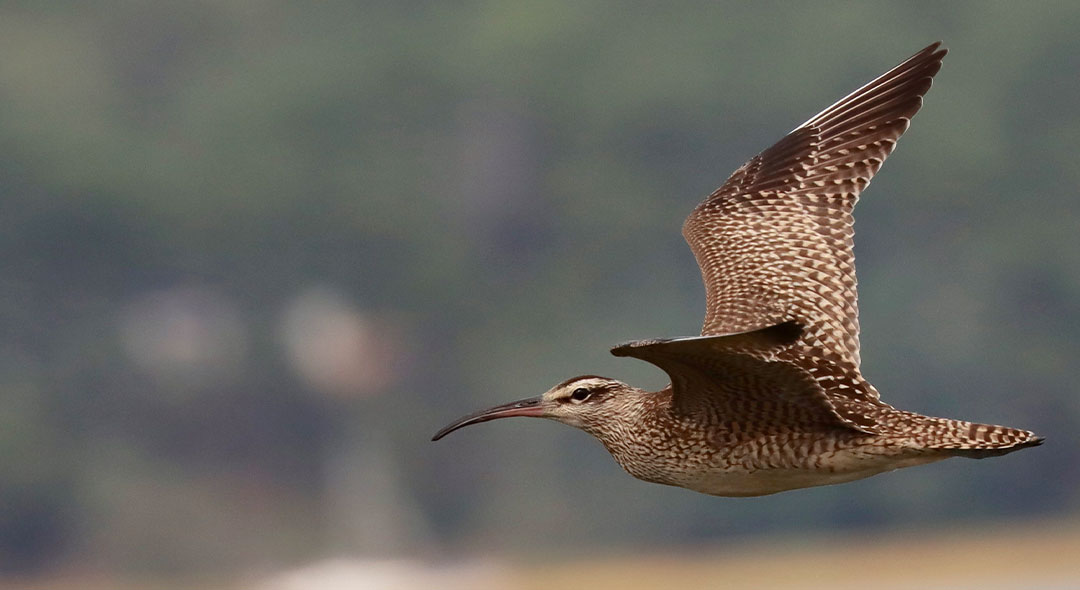June 23 marked the 40th anniversary of the Convention on the Conservation of Migratory Species of Wild Animals (CMS), also known as the “Bonn Convention” after the city in which it was signed. CMS is the only global treaty focused on the conservation of migratory species and their habitats across the world, including birds, whales, dolphins, sharks, elephants, antelopes, and gorillas. What is the role of the CMS and shorebirds conservation efforts?
The Convention provides a global platform for the conservation and sustainable use of migratory animals, bringing together the countries through which migratory species pass, and laying the legal foundation for internationally coordinated conservation measures throughout migratory ranges. Migratory species threatened with extinction are listed on Appendix I of the Convention. Countries that are party to CMS strive towards strictly protecting these animals, conserving or restoring the sites where they live, mitigating obstacles to migration, and controlling other factors that might endanger them. Migratory species that need or would significantly benefit from international cooperation are listed on Appendix II of the Convention. To build such cooperation, the Convention encourages countries to develop global or regional agreements for these species.
The CMS and Shorebirds
While all migratory species of shorebird are listed under Appendix II of the Convention, just four shorebird species in the Americas are listed on Appendix I. These include some of the most threatened: Eskimo Curlew Numenius borealis, rufa Red Knot Calidris canutus, Semipalmated Sandpiper C. pusilla, and Buff-breasted Sandpiper C. subruficollis. Unfortunately the listing of Eskimo Curlew in 1979 came just too late: one analysis of historic sightings suggests that the species went extinct no later than 1977. But it is not too late for the remaining three. The 15 countries that are currently party to CMS in the Americas include most of the wintering range for the three species.





 Back to all
Back to all
